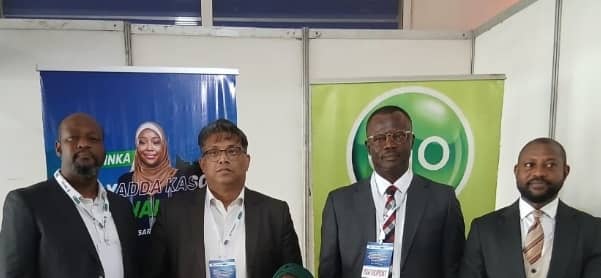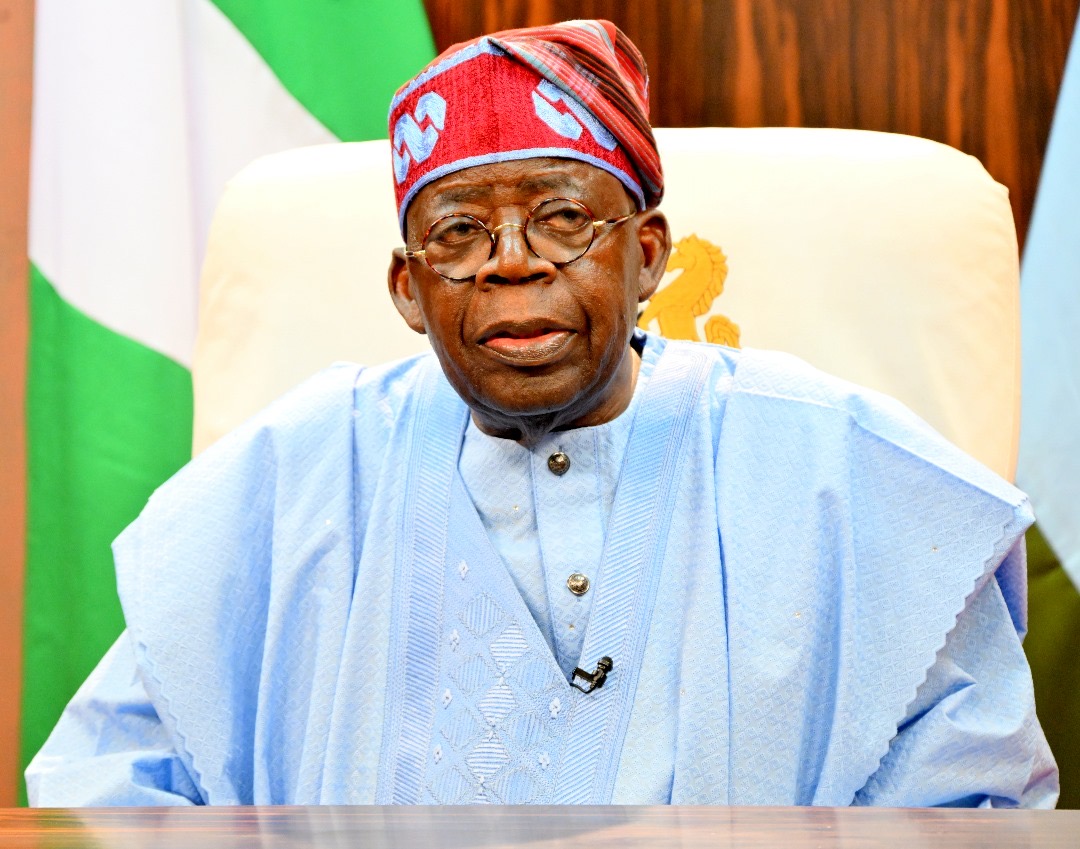Kaduna State is committed to the upliftment of women, reckons JAMIL ATANDA
Kaduna State under Governor Uba Sani has emerged as a national exemplar in championing women’s empowerment and family welfare. This is progressive leadership in action. A resounding affirmation of this achievement came at the 9th Voice of Women (VOW) Conference and Awards in Abuja, where it clinched the coveted “Best Government Supporting Women and Their Families Award.”
This accolade underscores Governor Sani’s unwavering commitment to institutionalizing gender-responsive governance, transforming abstract ideals of inclusivity into tangible policies that uplift women and strengthen communities. Governor Sani’s administration has not only prioritized women’s economic participation but has woven gender equity into the fabric of state operations, setting a benchmark that resonates far beyond Kaduna’s borders.
The VOW recognition highlights pioneering reforms that address systemic barriers faced by women in Nigeria, where gender disparities in economic access, education, and security persist. Dr. Nita Byack George, a prominent advocate for women’s health and leadership, praised Governor Uba Sani’s approach during the event, declaring that, “As someone who has dedicated years to advocating for women’s health, empowerment, and leadership inclusion at both national and international levels, I am heartened to see the real impact of deliberate, gender-responsive governance. These initiatives show that Kaduna is not just talking about inclusivity—it is institutionalizing it. The Uba Sani administration is setting a model for others across Nigeria to emulate.” Her words echo the sentiment that deliberate policy-driven action can orchestrate profound social change.
As Nigeria grapples with challenges like poverty and inequality, Kaduna’s model in this regard offers hope, demonstrating how targeted interventions can empower half the population to drive sustainable development. Governor Sani’s gender-responsive policies and broader initiatives, include the highly acclaimed Gender-Responsive Procurement Policy, a groundbreaking reform that has redefined public contracting to favor women’s inclusion. Signed into law by Governor Sani in August 2024, this policy mandates that 5-20% of public contracts be awarded to women-owned and women-led businesses, addressing the historical under-representation where women secure less than 15% of such opportunities despite comprising nearly half of Nigeria’s population.
Public procurement accounts for up to 15% of Nigeria’s GDP, making this sector a powerful lever for economic empowerment. To ease entry barriers, the policy waives registration fees for fully women-owned enterprises, slashes tender fees by 50% for women entrepreneurs, and requires female representation on procurement boards. These measures tackle issues like limited capital access and complex bidding processes that have long sidelined women.
Implemented through the Kaduna State Public Procurement Authority (KADPPA), the policy includes the establishment of a dedicated Gender-Responsive Department and a Gender Desk to enforce inclusivity across all ministries, departments, and agencies (MDAs). This institutional framework ensures consistent application, turning policy into practice.
Developed in collaboration with UN Women and funded by initiatives like the African Development Bank’s AFAWA and the Women Entrepreneurs Finance Initiative (We-Fi), it forms part of a regional Affirmative Action Procurement Reform Initiative spanning Nigeria, Senegal, Mali, and Côte d’Ivoire. The results are impressive: 659 women-led businesses have secured new contracts, over 1,700 women entrepreneurs have received training in bid preparation, digital marketing, and financial management, and 245 businesses are now registered on international platforms like the UN Global Marketplace. Governor Uba Sani’s vision here is clear: economic inclusion isn’t charity but smart governance that unlocks potential.
Beyond procurement, the Uba Sani administration has launched a multifaceted array of gender-friendly initiatives, anchored in the comprehensive Women’s Economic Empowerment (WEE) Policy unveiled in January 2025. This policy, developed through an inclusive eight-month consultative process involving stakeholders from civil society, traditional leaders, and women’s groups, sets ambitious targets: boosting women’s labor force participation to 75% by 2028, increasing female agricultural participation to 80%, and raising women landowners from 4.7% to 15%. Structured around five pillars—agriculture, entrepreneurship, traditional labor market, emerging industries, and education—the WEE Policy addresses holistic empowerment.
In agriculture, which contributes 42.81% to Kaduna’s GDP, initiatives provide women smallholder farmers with climate-resistant inputs, financing, and market access, while reforming land tenure to enhance ownership. Entrepreneurship efforts include revamping skills acquisition centers, business management training, and the Mother-to-Daughter model to mentor young women. The policy promotes technology adoption, such as mobile apps for market linkages, to boost efficiency.
For emerging industries, Governor Sani has prioritized women’s entry into ICT and STEM. The Women in Tech Skills Training Program trained 5,000 women in 2024, while partnerships with Google and Huawei offer scholarships and digital skills training.
The Kaduna Startup Act of 2023, signed by the governor, positions the state as a digital hub, with the KADA ICT Hub training over 15,000 residents, including women. Creative sectors benefit from events like the Kaduna Books and Art Festival, thus fostering women in literature and arts.
Education initiatives have dramatically reduced out-of-school children from 680,000 to 300,000 in one year, through building 62 secondary schools and 2,347 primary classrooms, and a UNICEF partnership to reintegrate 200,000 children. Scholarships for female STEM students and technical vocational training in fields like tailoring and welding promote financial independence.
In addition, the introduction of cross-cutting efforts enhance financial inclusion, targeting 60% bank account ownership for women by 2028, and digital literacy to 60% access.
Then there is the uncompromising move against Gender-based violence (GBV) which is being tackled through reinforced and strengthened laws, four Sexual Assault Referral Centres, family courts, and shelters for women and boys. There is also the UN Women collaborations which extend to peace and security via the Peace-building Fund project, capacity building, and political participation programs. And such compassion driven initiatives like free pads distribution and the Adolescent Girls Initiative for Learning and Empowerment (AGILE) with the World Bank support girl-child opportunities are rapidly changing the narrative in Kaduna State in favour of women.
The impacts of these initiatives are transformative. Women reinvest up to 90% of their income into families and communities, compared to 30-40% for men, fostering job creation and welfare. In Kaduna state today, female-led businesses report 88.6% growth despite economic challenges, and multidimensional poverty among women (63.5%) is being addressed. And GBV cases, put at 3,168 in 2024, are targeted for a 21% reduction by 2028.
Economically, these efforts could contribute to Nigeria’s GDP growth by billions, as empowered women drive innovation and stability. The truth is Governor Uba Sani’s holistic approach has not only elevated women’s status but fortified family units, promoting social cohesion in a diverse state like Kaduna.
Given the visible success that is ongoing in Kaduna State, it will not be out of place to suggest that other states should follow suit. The adoption of inclusive policy development is key—engaging diverse stakeholders to craft culturally resonant frameworks. They should be able to prioritize cross-cutting issues like financial and digital inclusion, integrating them into economic plans to holistically tackle barriers. Leverage technology for market access and implement gender-responsive budgeting from the outset, as Kaduna plans for 2025, to ensure equitable funding.
Apart from the above, they should be able to strengthen partnerships with CSOs, private sectors, and international bodies like UN.
Governor Uba Sani’s achievements so far in Kaduna has proved that gender-responsive governance yields dividends for all. By institutionalizing equity, the state has illuminated a path forward. As Dr. George aptly noted, this is a model worth emulating. The clarion call here is that more states in Nigeria should follow suit for a more progressive, developed, prosperous and above all gender inclusive future for our dear country Nigeria.
Atanda, a Women, Gender and Equal Rights advocate, writes from Abuja



